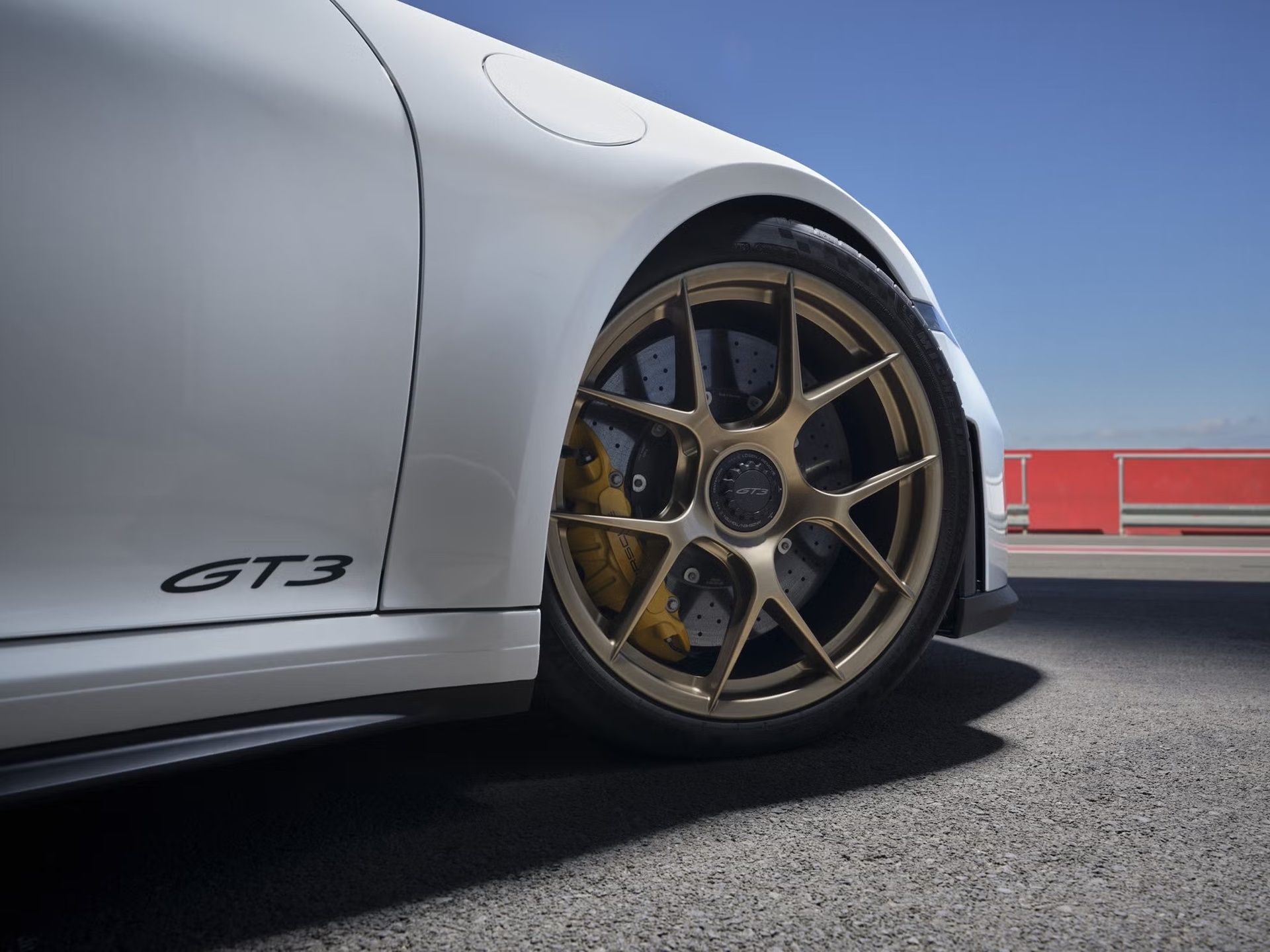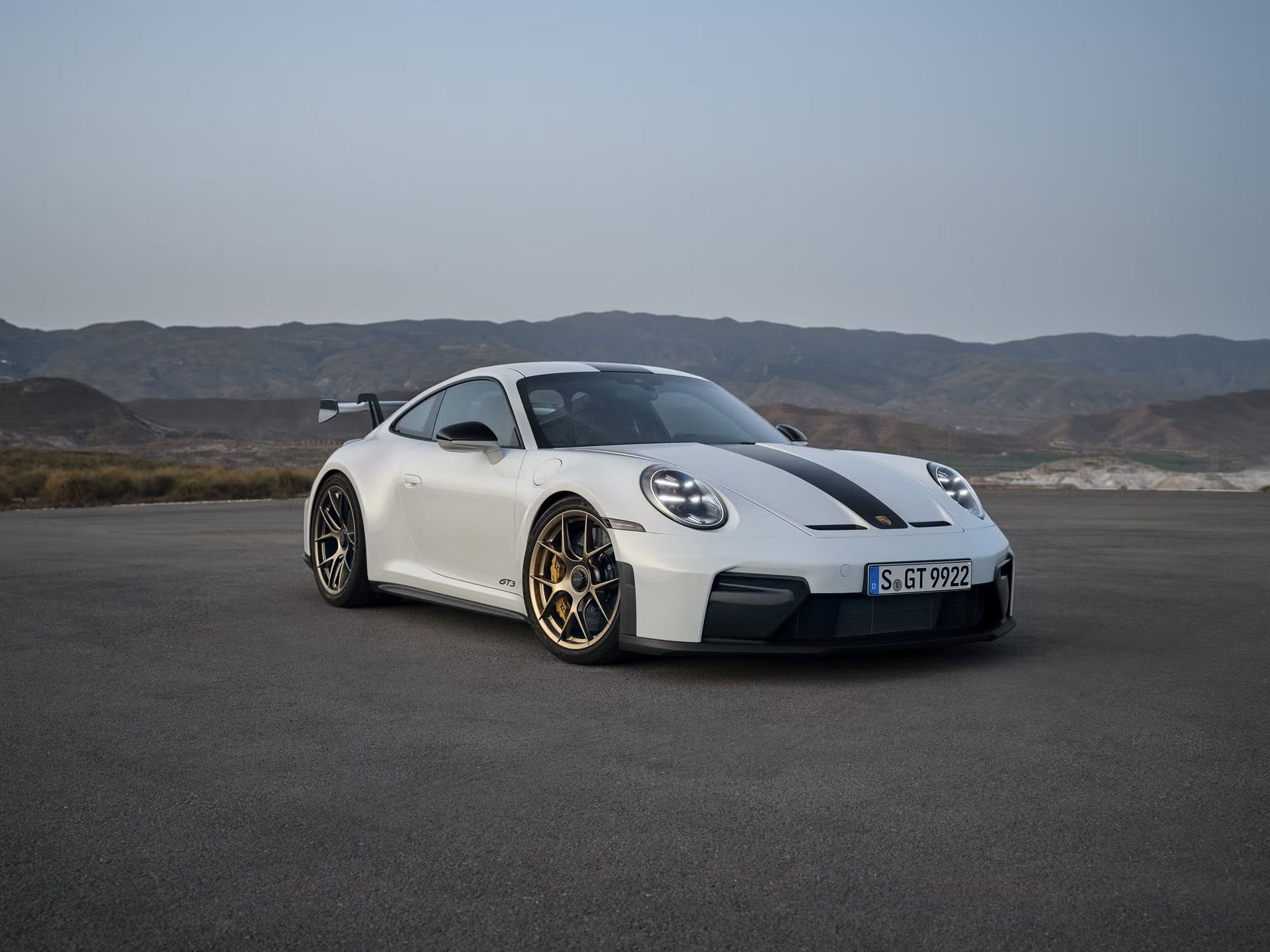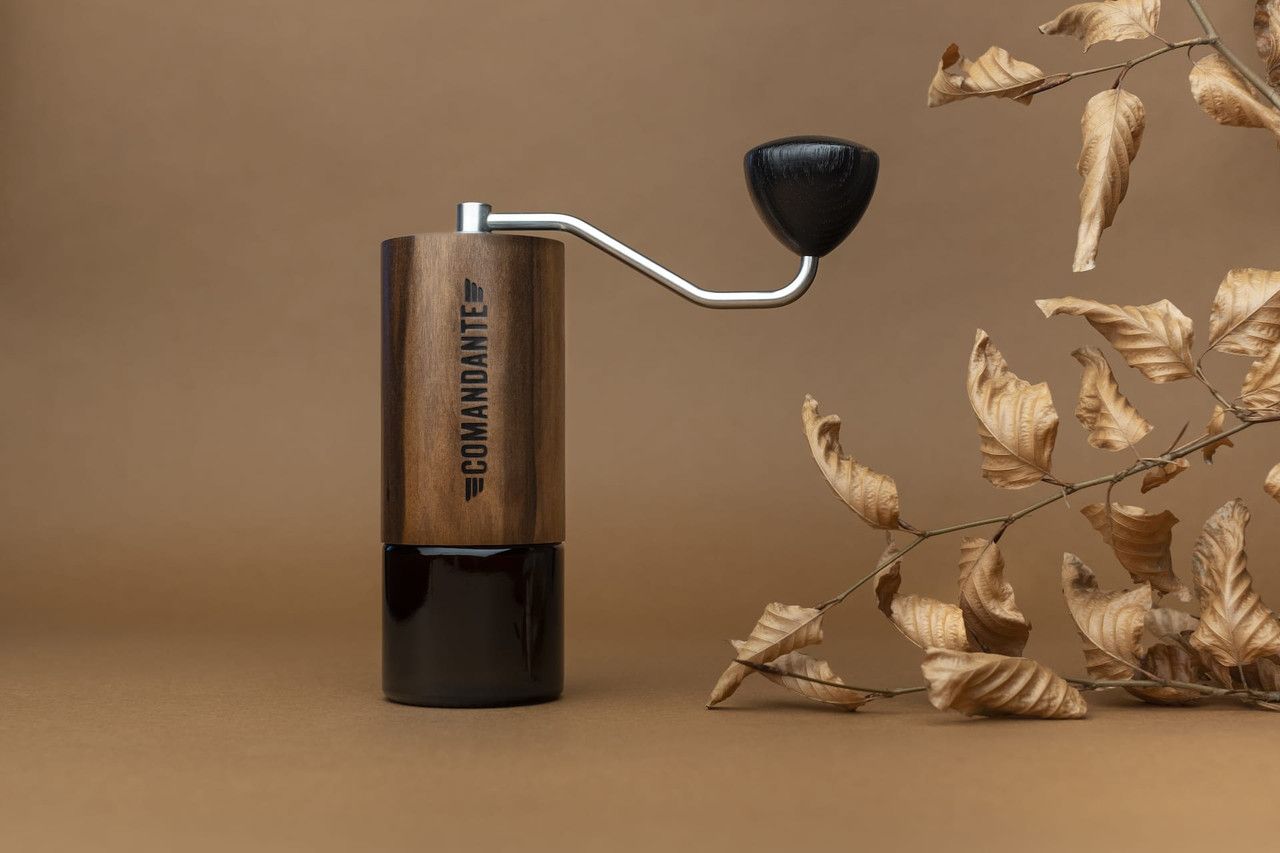- New Wave
- Posts
- Premium Inconvenience
Premium Inconvenience
When making things harder justifies charging more


𝑰𝒏 𝑻𝒐𝒅𝒂𝒚'𝒔 𝑾𝒂𝒗𝒆:
🚗 Why spending $2.5 million doesn't guarantee you the car you want
⚙️ Brands charging premium by adding friction instead of removing it
💰 The counterintuitive business model winning in 2025
🎯 What this means for status, loyalty, and the future of "premium"
𝑻𝒉𝒆 𝑺𝒉𝒊𝒇𝒕
For decades, businesses competed on removing friction. Make checkout faster. Reduce steps. Optimize everything. The brand that made things easiest won.
Then luxury brands discovered something counterintuitive: in a world where everything is instantly available, difficulty itself has become valuable. Make people wait, work, or prove themselves worthy.

I'm calling this shift "Premium Inconvenience" — when brands deliberately make experiences harder, slower, or more complicated, then charge premium prices because of it.
We've entered an era where the hard path commands higher prices than the easy one. The inconvenience isn't a bug. It's the entire value proposition.
𝑾𝒉𝒚 𝑵𝒐𝒘?
Three things are making algorithmic rebellion valuable:
Effort signals authenticity: manual processes become proof of genuine craftsmanship in a world of infinite digital replication.
Scarcity through sacrifice: when everyone can access anything instantly, the inconvenience itself communicates resources and commitment.
Difficulty creates meaning: we value things more when we invest effort.
Quiz: Which of these products added friction and saw sales increase?
A. Netflix introducing ads
B. A coffee brand removing online orders
C. A dating app with limited daily swipes
D. A clothing brand forcing in-store fittings
𝑬𝒂𝒓𝒍𝒚 𝑺𝒊𝒈𝒏𝒂𝒍𝒔
The $2.5 Million Obstacle Course
Want to buy a Porsche GT3 RS? Having $230,000 isn't enough. Some customers need to spend approximately $2.5 million just to get on the waiting list—and even then, an allocation isn't guaranteed. One customer who secured an chance to purchase the car had purchased 6 Porsches in 2 years, flipping them all back to the dealer. Porsche isn't selling cars. They're selling the privilege of spending millions to maybe earn the right to buy what you actually want.

$500 for 100 Hand-Cranks Per Cup
A decent electric coffee grinder costs $100. Press a button, get perfectly ground coffee in 10 seconds. The Comandante C40 hand-crank grinder costs $500. You manually rotate a wheel approximately 100 times to grind beans for a single cup. One reviewer captured it perfectly: "Why on earth would you spend so much money on something that you have to manually rotate?" The answer is precision German engineering and the ritual of earning your coffee.

$300 Machines With No Delete Key
Royal manufactures brand new manual typewriters in 2025. No delete key, no spell check, no copy-paste. Each keystroke is permanent. Mistakes require starting over. Manual ribbon changes. The machines weigh 20 pounds. Price: $200-300 versus $0 for word processing apps on devices you already own. The brand explicitly sells friction as the feature—the clacking keys, the bell at line's end, the sensory ritual that digital tools "cannot replicate."

𝑭𝒖𝒕𝒖𝒓𝒆 𝑰𝒎𝒑𝒍𝒊𝒄𝒂𝒕𝒊𝒐𝒏𝒔
Brands will explicitly position against efficiency. The premium tier won't be "we make it easier" but "we help you slow down." Companies will charge more for products that intentionally limit functionality, citing focus and mindfulness as features. What requires patience becomes premium.
Purchase history becomes currency. More luxury brands will adopt Porsche's playbook—you don't buy the product you want, you buy the right to access it. Loyalty programs evolve from points to gates. Spending becomes qualification rather than transaction.
Skill requirements become moats. As products get easier to use, brands will reintroduce learning curves as competitive advantages. Things requiring practice, technique, or mastery will command premiums because competence becomes a differentiator.
In a world obsessed with convenience, brands are discovering the real money is in making things harder.

𝑸𝒖𝒊𝒄𝒌 𝑻𝒊𝒑𝒔
🎯 Find your natural bottleneck: Look for places in your business where demand already exceeds supply. Instead of expanding capacity, formalize the wait. Turn "we're slammed" into "exclusive access."
⚙️ Test deliberate difficulty: Before launching, ask "what if we made this harder on purpose?" Not harder for cruelty, but harder in ways that create meaning—manual controls, longer processes, physical requirements.
💡 Design friction with purpose: Every obstacle should create either meaning (ritual), proof (authenticity), or filter (right customers). Random inconvenience frustrates. Intentional friction builds loyalty.
𝑵𝒆𝒙𝒕 𝑾𝒂𝒗𝒆
Answer to the quiz: C. The dating app. Hinge and Bumble both tested daily swipe caps — and engagement went up.
If this email was forwarded to you, sign up here.
See you next week, same time, same place.
Stay wavey,
Haley